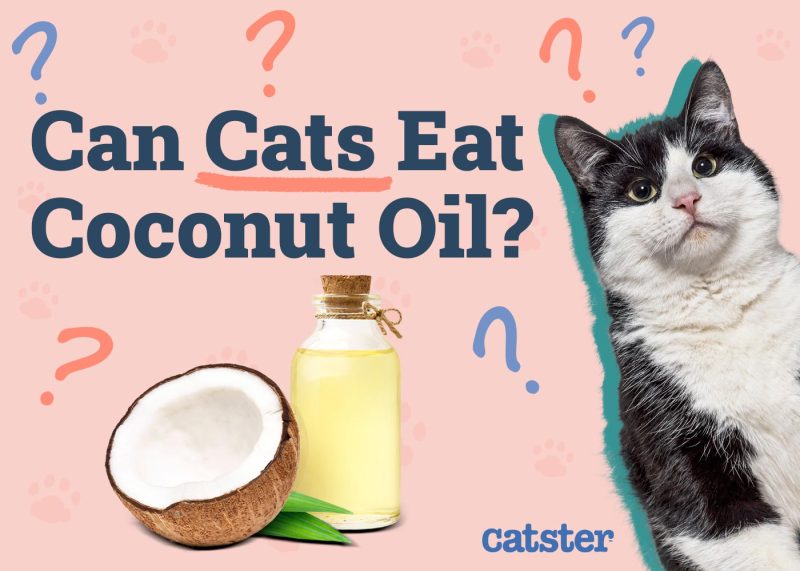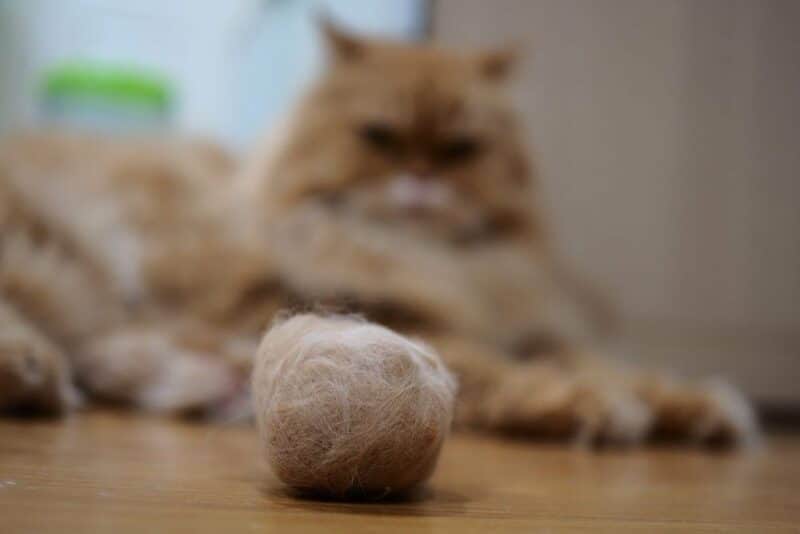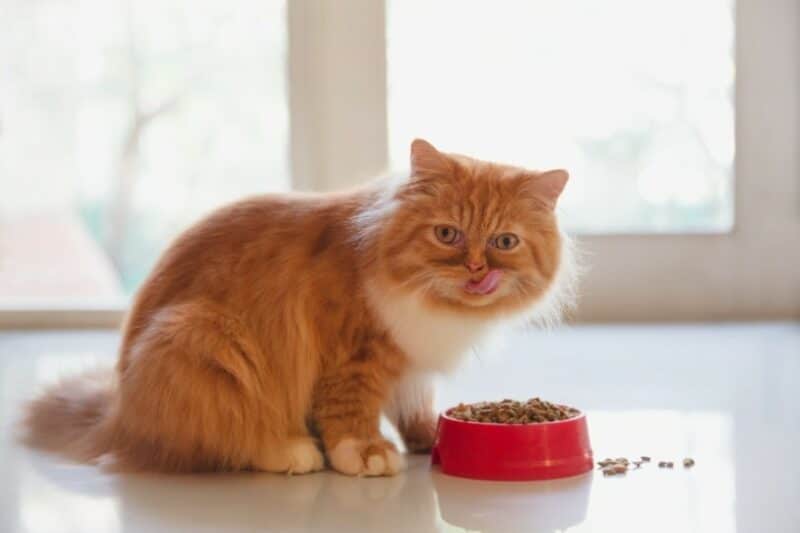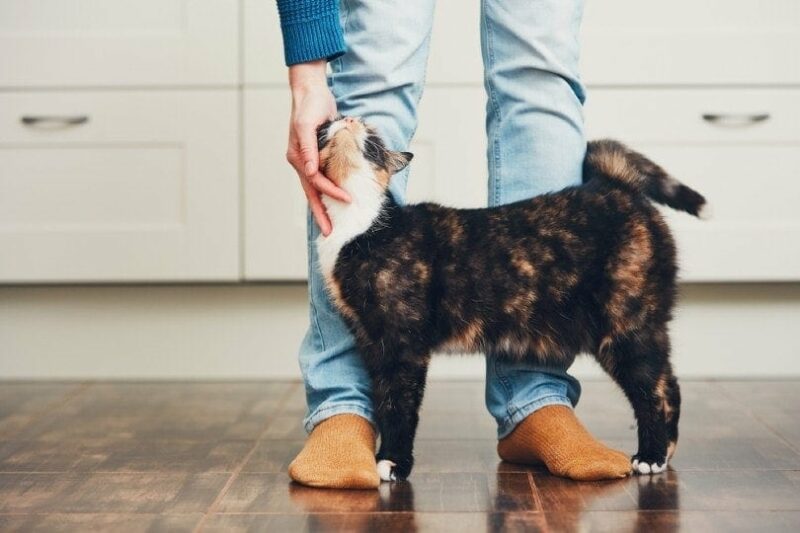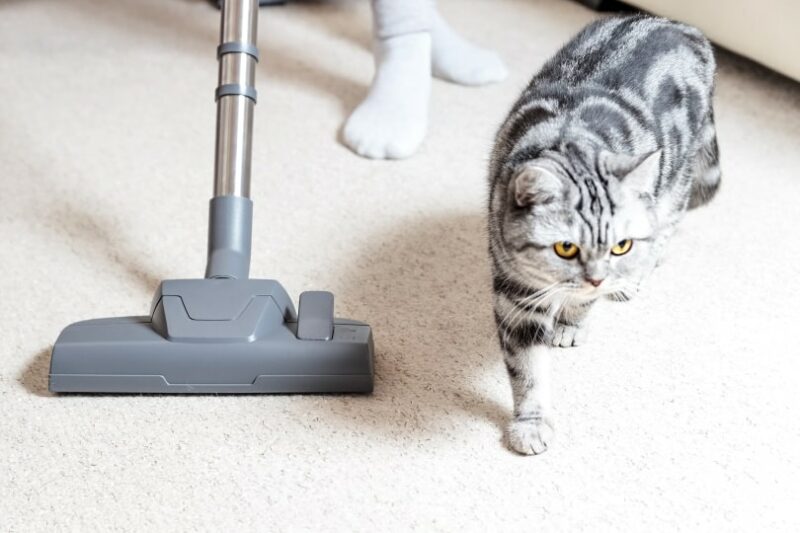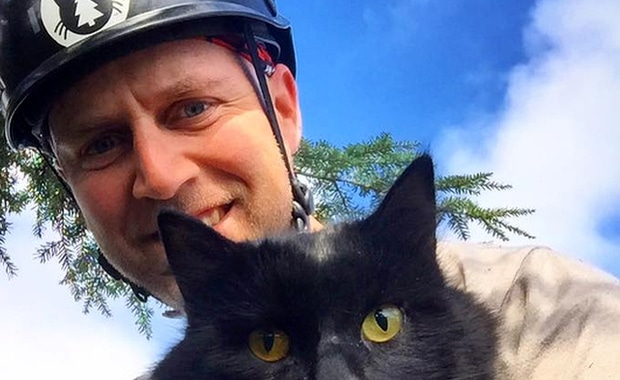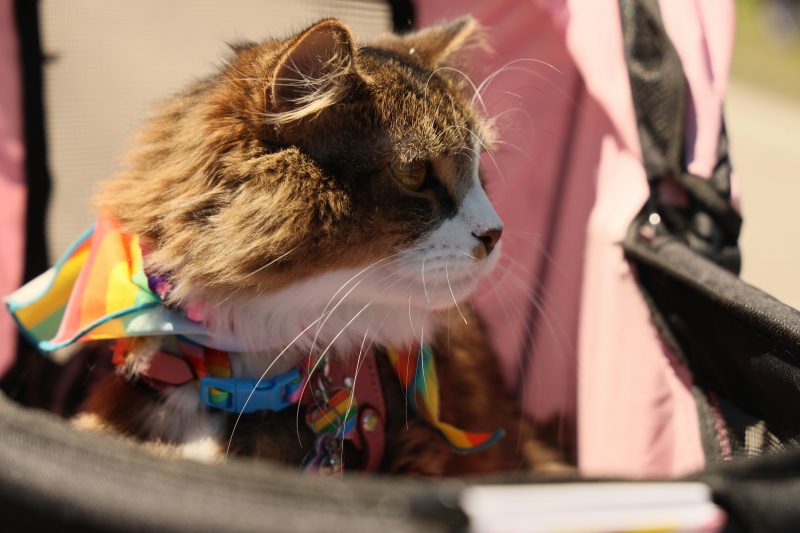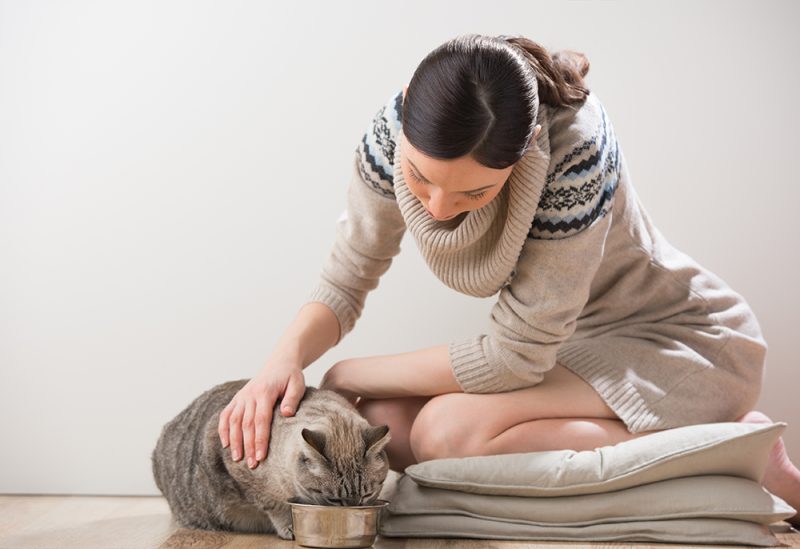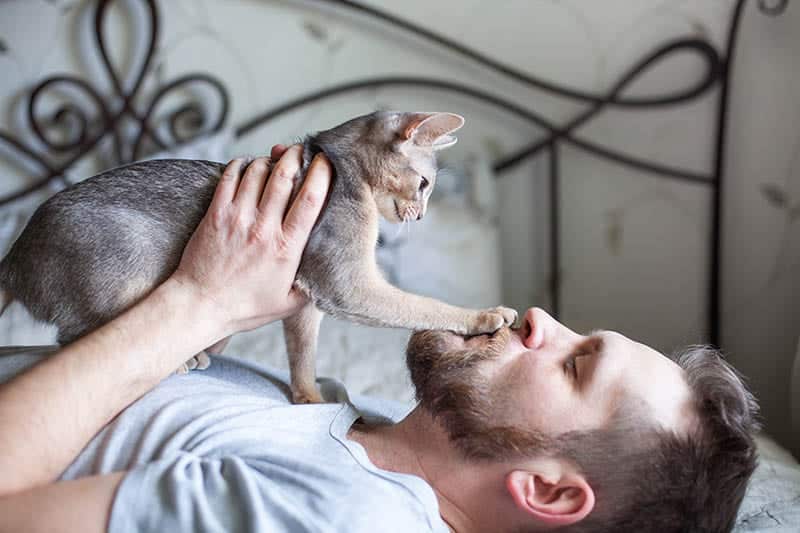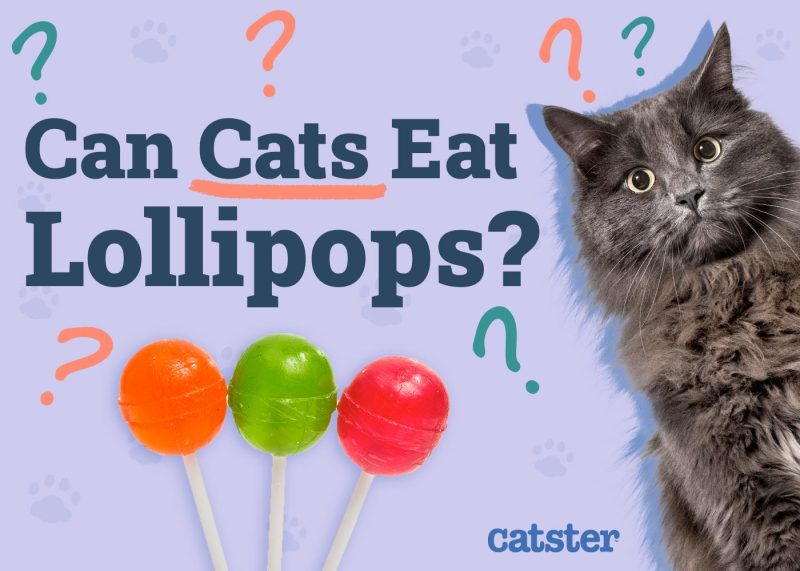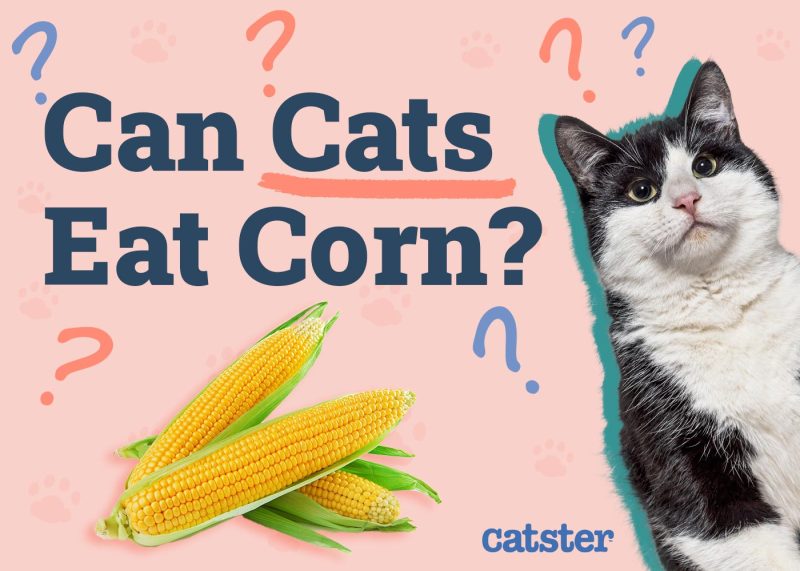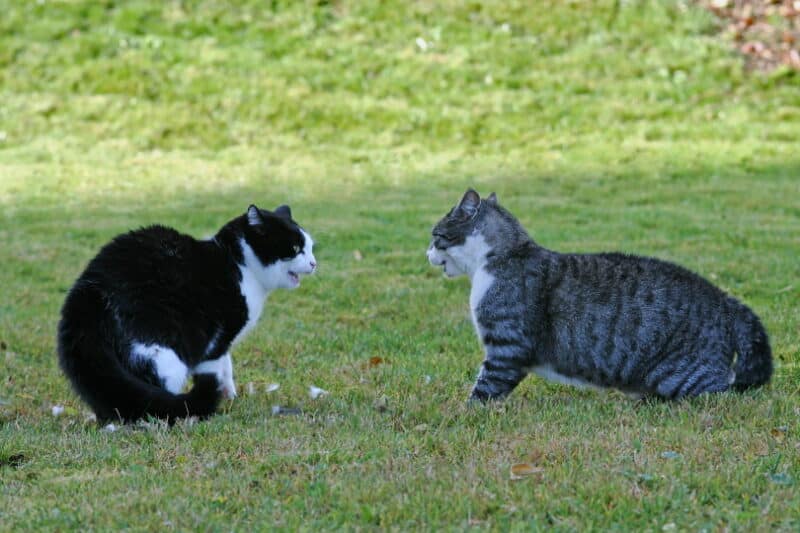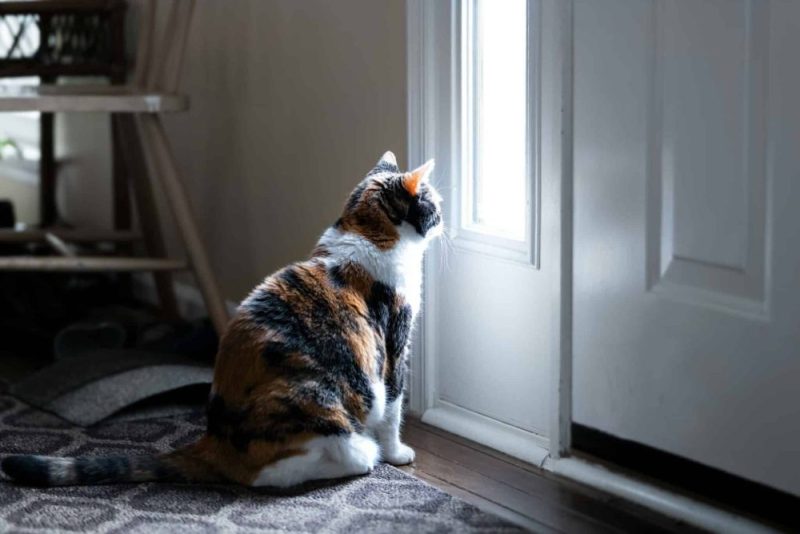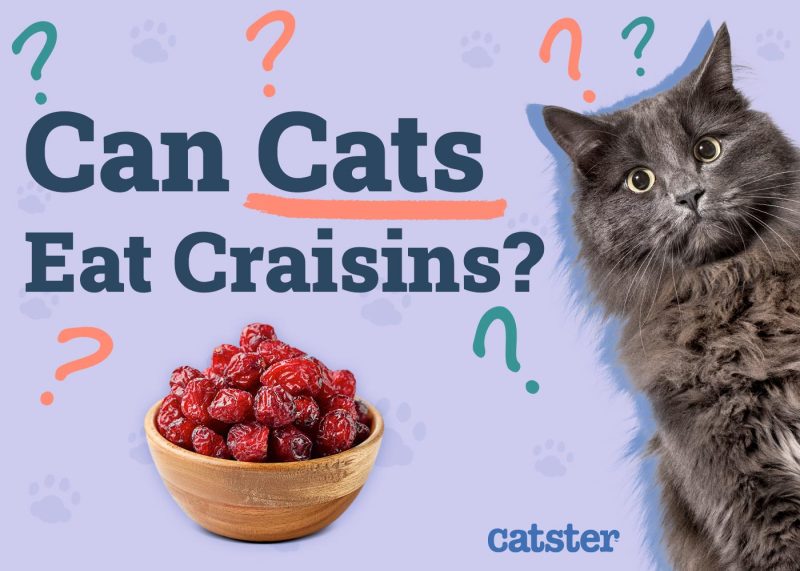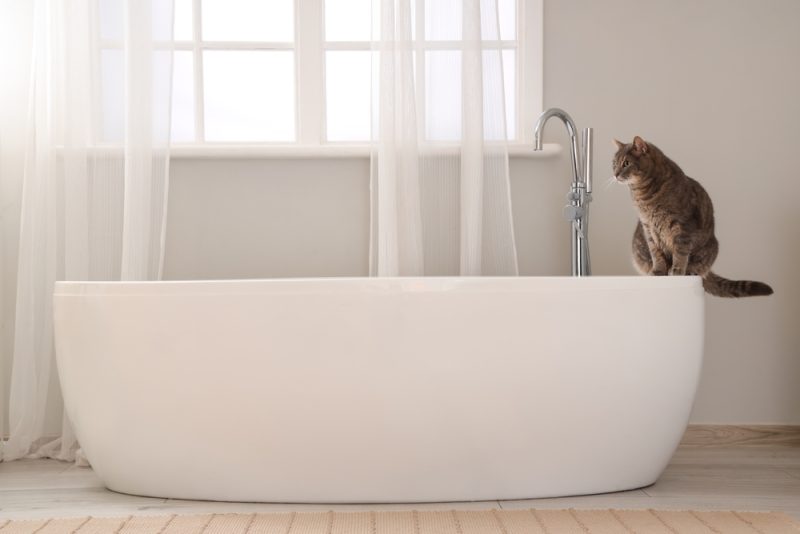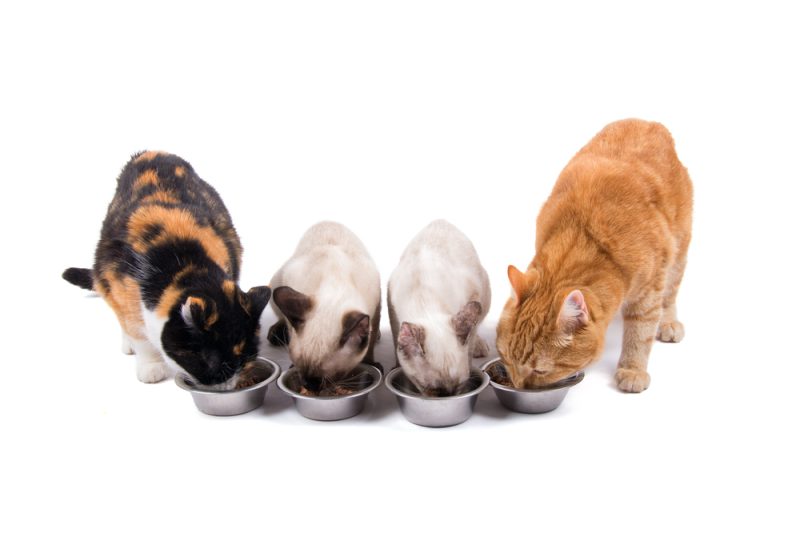In this article
Coconut oil has long been used for cooking, particularly in South Asian cuisines. It appears to have some health benefits, and some studies suggest it may increase fat burning and decrease hunger in some people. But what about cats? Is coconut oil safe for cats to consume? Coconut oil isn’t toxic to pets, but cats can still become sick after eating it since it’s extremely high in fat and can cause stomach upset in some pets.
It’s on the ASPCA’s list of foods cats should avoid, so it’s not something cats need to eat. However, there’s probably no reason to panic if your cat managed to sneak a few licks of coconut oil while you weren’t paying attention.

Are There Health Benefits of Coconut Oil for Cats?
Holistic veterinarians suggest that coconut oil may help support feline immune function and could be helpful in managing inflammatory conditions such as arthritis. Some argue that it can also be used externally to help boost dry, itchy skin, as coconut oil’s medium-chain fatty acids may help soothe irritation, and it’s sometimes recommended as a hairball remedy.
Scientific studies evaluating the use of coconut oil for feline medical conditions are mostly non-existent, making it difficult to evaluate the product’s effectiveness or safety using traditional veterinary standards.
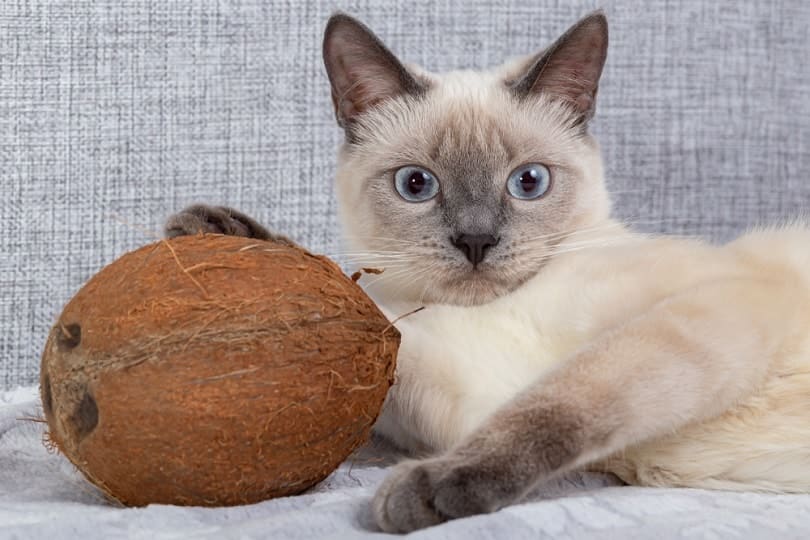
But Why Can’t I Just Give My Cat Coconut Oil?
If you’re concerned about your cat’s health, have a veterinarian examine your cat before getting started with coconut oil; holistic treatments are best used as part of an overall treatment plan for conditions such as arthritis, itchy skin, and hairballs.
If you need to speak with a vet but can't get to one, head over to PangoVet. It's an online service where you can talk to a vet online and get the advice you need for your pet — all at an affordable price!

Coconut oil may not be suitable for some cats, and those with pancreatic conditions should not consume it due to its high-fat content. Because it’s so high in calories, it may not be appropriate for cats that need to drop a few pounds. Below are a few conditions pet owners have used coconut oil to treat, but there’s no scientific evidence confirming their results.
Osteoarthritis
Osteoarthritis is a progressive condition that causes pain, reduces mobility, and can ultimately destroy joint function. It’s often seen in overweight and older cats. Although there’s no way to cure arthritis, there are several treatments that can improve impacted cats’ quality of life.
The condition is often managed using an array of approaches, including weight management, supplements, and prescription medications to manage pain and inflammation. Simply using coconut oil without making further changes is unlikely to impact a cat’s health dramatically and could make them sick.
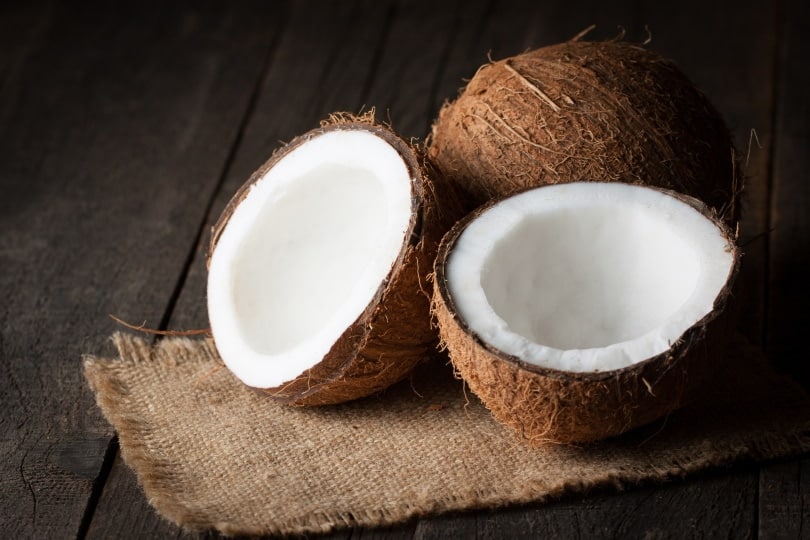
Itchy Skin
Itchy skin can have several causes, from the mundane to the more concerning. Cats can develop simple cases of contact dermatitis after coming into contact with a product they’re sensitive to, like detergent or something in a new pet bed. They can also have skin reactions after brushing against a plant they’re allergic to, but itchy skin can be a sign of serious allergies to food and insect bites.
Correctly treating itchy skin requires an accurate diagnosis of the cause, and trigger avoidance is usually the best way to minimize reactions. Some suggest that coconut oil may be useful for soothing raw, irritated skin, but it likely won’t do much to address systemic allergic reactions causing signs such as skin irritation. And cats that are particularly fond of the product’s distinctive taste may lick more instead of less when itchy areas are treated with coconut oil.
Learning about what your cat can and cannot eat is a crucial part of keeping them happy and healthy! Choosing a bowl to serve cat-friendly foods in is another important decision pet owners face. Satisfy the specific needs of your cat with the innovative design of the Hepper NomNom Cat Bowl. Learn why it’s our (and our cats!) favorite food and water dish here. At Catster, we’ve admired Hepper for many years and decided to take a controlling ownership interest so that we could benefit from the outstanding designs of this cool cat company!

Conclusion
Coconut oil isn’t toxic to cats, but because it’s so high in fat, it can cause some cats to become sick. If your cat is otherwise healthy, there’s likely nothing to worry about if they consume a small amount of coconut oil. Speak with a veterinarian before giving your cat coconut oil to ensure it’s safe for your pet, and keep in mind that coconut oil is on the ASPCA’s list of products cats should avoid.
See also:
- Can Cats Eat Olive Oil? Vet-Approved Nutritional Facts & FAQ
- Is Peppermint Oil Safe for Cats? Vet-Reviewed Facts & FAQ
- Can Cats Eat Coconut? Vet-Reviewed Health Benefits & Risks
